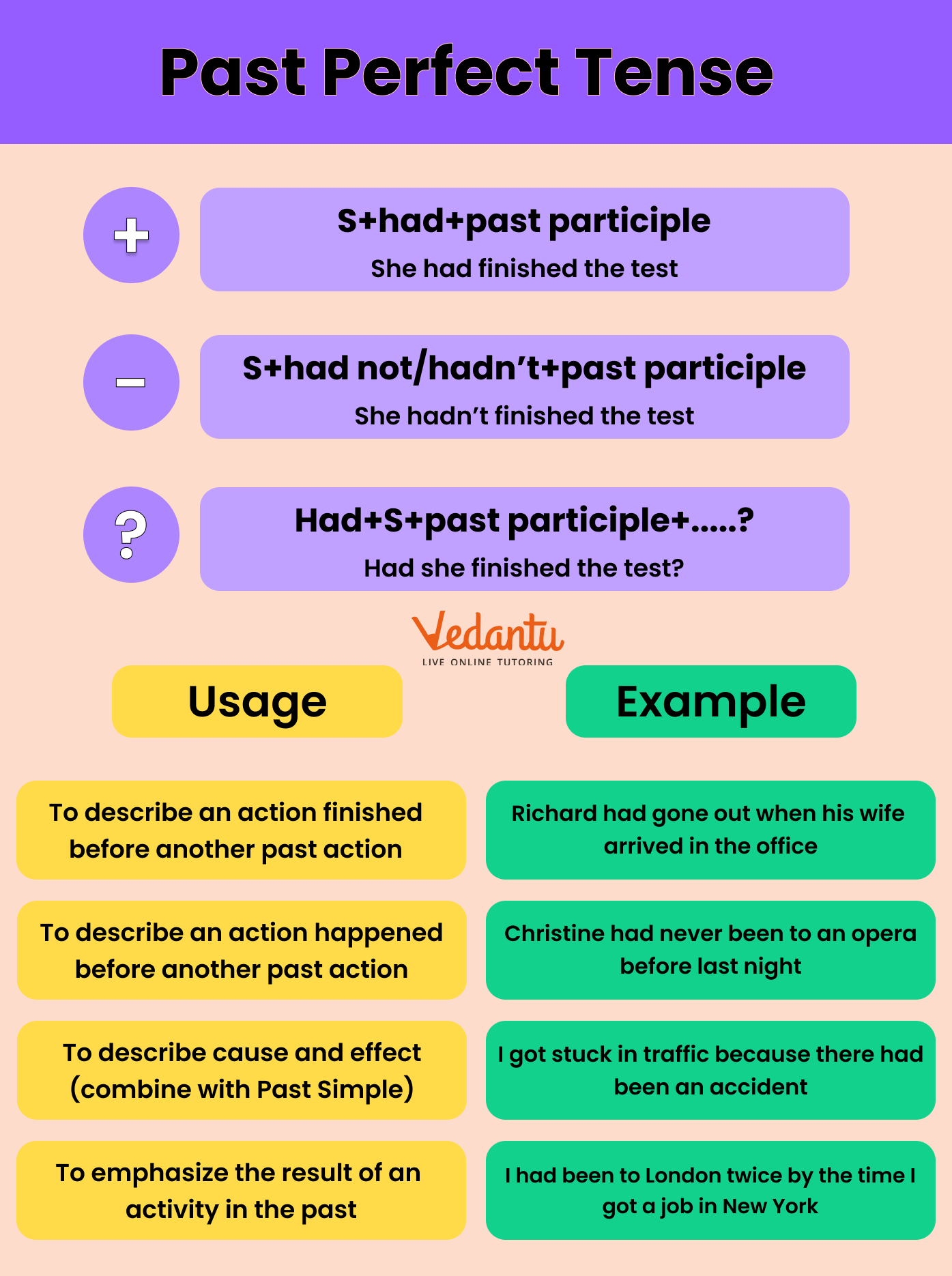When it comes to understanding the complexities of grammar, the perfect tense is a key concept that plays a crucial role in conveying the timing of actions. It is a tense that is used to indicate that an action has been completed in the past or continues into the present. Understanding why it is called the perfect tense requires a closer look at its usage and significance in language.
The perfect tense is a verb form that is used to express a completed action that took place at a specific time in the past. It is often denoted by the use of auxiliary verbs such as “have” or “has” followed by the past participle of the main verb. This helps to convey the idea that the action has been completed before a certain point in time or is still ongoing. The term “perfect” in this context refers to the completion or perfection of the action in question.
Why is Perfect Tense Called
The term “perfect” in perfect tense actually comes from the Latin word “perfectus,” which means “completed” or “finished.” This reflects the primary function of the perfect tense in indicating that an action has been completed at a specific time or is still ongoing. The use of auxiliary verbs such as “have” or “has” helps to establish this sense of completion and continuity, making it a crucial aspect of verb conjugation in many languages.
One of the key reasons why the perfect tense is called as such is because it helps to provide a clear indication of the timing and completion of actions. By using this tense, speakers can convey whether an action has been completed in the past or is still ongoing in the present. This precision in timing is essential for effective communication and ensuring that the intended meaning is accurately conveyed.
In addition to indicating the completion of actions, the perfect tense also allows for the expression of past experiences, habits, or repeated actions. By using this tense, speakers can provide a sense of continuity and relevance to past events, adding depth and detail to their narratives. This versatility in usage further highlights the importance of the perfect tense in conveying meaning effectively.
Overall, the perfect tense plays a crucial role in grammar by helping to indicate the completion and continuity of actions in language. Its name reflects its function in expressing completed actions and ongoing processes, making it a valuable tool for precise communication. Understanding why it is called the perfect tense sheds light on its significance in conveying timing and meaning in various languages.
In conclusion, the perfect tense is aptly named for its ability to express completed actions and ongoing processes with clarity and precision. Its role in indicating timing and completion is essential for effective communication and conveying meaning accurately. By mastering the use of the perfect tense, language learners can enhance their ability to express themselves clearly and concisely in a variety of contexts.
